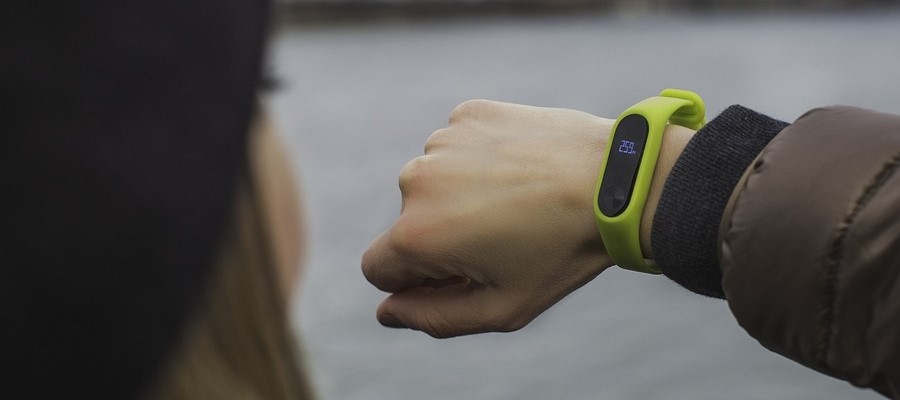Fitness technology has become increasingly popular. Wearable technology has evolved from simple pedometers and wrist watches to devices that connect to the internet or your smartphone for long-term tracking of your fitness data. Not everyone may need or want to use trackers with sophisticated technology, but even the simple ones can help us achieve fitness goals. The most basic ones provide real-time data that you may not have had before, such as heart rate or pace. The more advanced ones can analyze that data and even track your technique as well.
Here are some of the features of fitness trackers to consider:
- Step Counter. The pedometers of the past have developed into more advanced trackers that not only count the steps you take but also can calculate total distance traveled using GPS and/or accelerometers and altimeters.
- Heart Monitor. Special sensors monitor heart rate. Ask your healthcare professional about details pertaining to your health.
- Calorie Counter and Monitor. In conjunction with the step counter, this feature can track how many calories you have burned while exercising. You can also log calories that you’ve consumed throughout the day.
- Sleep Monitor. The sleep monitor not only tracks the amount of sleep you are getting, but also details how restful your sleep is.
- Goal Monitors. Some trackers allow you to enter your personal goals into the tracker. When you achieve (or don’t achieve) these goals, you receive notifications.
- Connectivity. Different trackers allow you to connect to apps on your phone or the internet for long-term monitoring.
Before going out to buy a fitness tracker, think about your own personal needs and objectives. A host of devices are available at varying price points. Remember as with most things, the degree to your success depends on your level of commitment!

